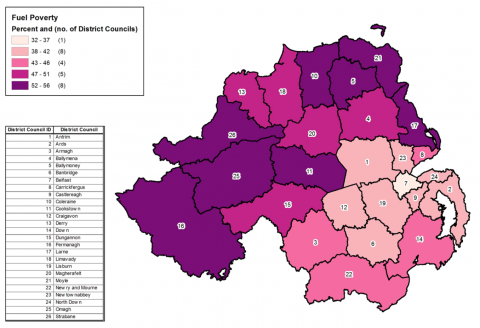UK Government Has Given £1.76 Billion To Fossil Fuel Industries Abroad Since 2010 http://t.co/AigjSdXggp
— Transport community (@transportktn) January 12, 2015
On a related note — a recent report from the Overseas Development Institute found that the UK is currently providing ~£1.2 billion annually in support of exploration work for oil, coal, and gas. Some of this support is via national subsidies (tax breaks, etc), and around “£425 million per year in public finance for overseas exploration including in Siberia in Russia, Brazil, India, and Indonesia.”
The amount of money invested in Sustainable Energy / Renewables is a mere fraction of these numbers. If we did invest at this level, it’s likely we’d lose our utter dependence on fossil fuels within the decade.
And we are currently utterly dependent. It’s this paranoid dependence that forces us to support regimes across the world that are alien to the values we hold dear. It’s this dependence that forces us to intervene in conflicts across the globe in areas where the oil is plentiful (and where regulations on emissions and effluent are much more lax).
Our energy insecurity is such that we cannot look after ourselves. It’s also at the point where fuel poverty is a thing – defined as households which spend more than 10% of income on keeping warm. Even in the “gold coast” of North Down, fuel poverty affects around 40% of households. Between 2006 and 2011, Belfast was the only region of Northern Ireland to see a decrease in fuel poverty levels.
The council area formerly known as North Down and Ards (which may be known as East Coast Borough Council or may not) is spending £1 million of ratepayers money on a gun club during the worst recession and public sector cuts regime we’ve ever experienced. The gun club, founded to commemorate the Ulster Special Constabulary (known as the B-Specials to some and as a government-backed murder squad to others) is taking this money with the blessing of all councillors. With that money, we could install over 200 domestic solar photovoltaic systems in the borough. We could install massive PV systems on public buildings and offset huge energy costs. We could also migrate public sector vehicles to electric models and make further savings – not to mention the benefits to the environment.
